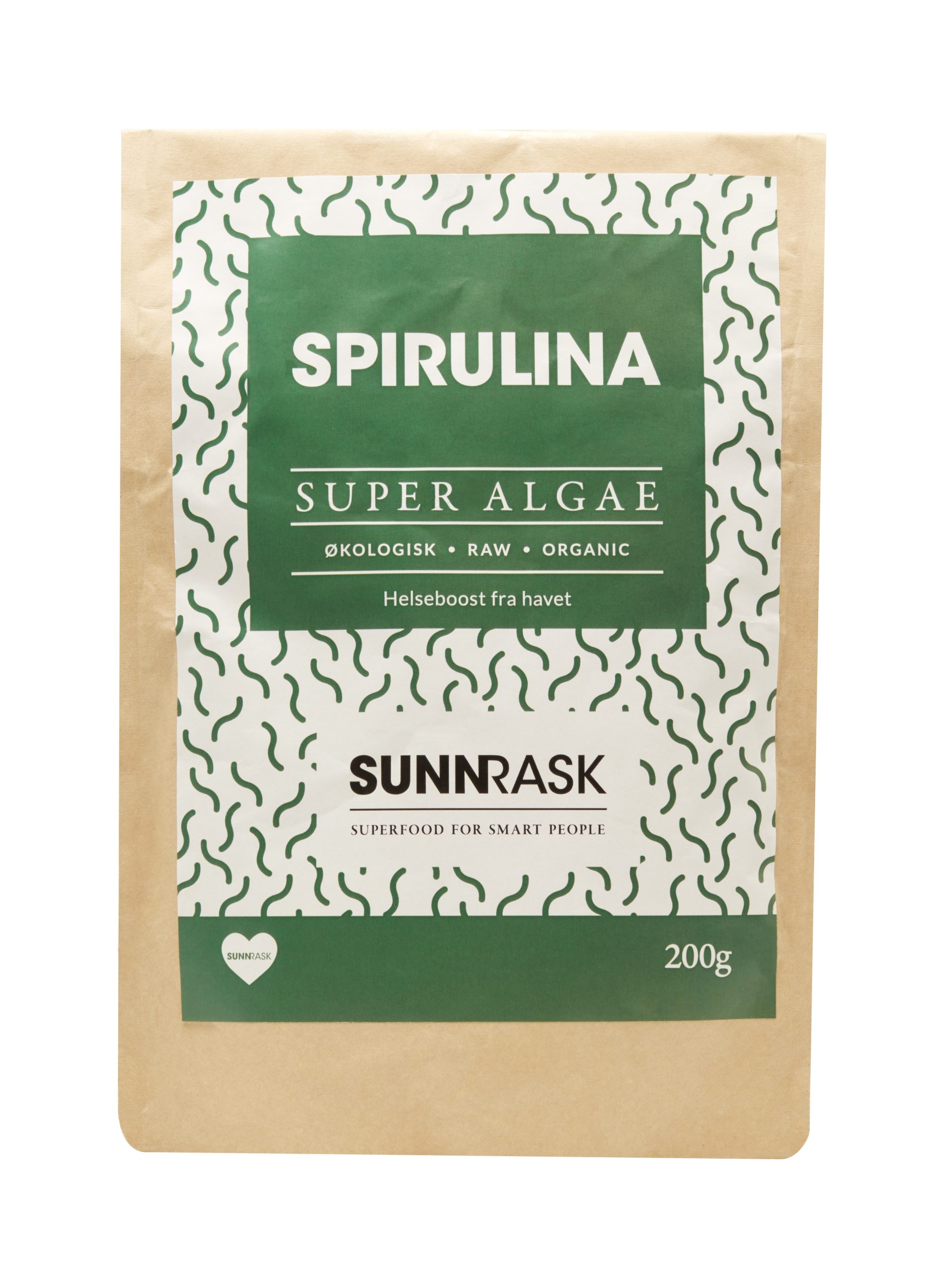Packaging and labelling have finally come to the foray for how eco-friendly their materials are, and this isn’t a bad thing. Consumers and retailers alike are now paying more attention than ever to how their favourite brands are planning to combat the negative environmental effects packaging is having on the environment.
Packaging waste is an unavoidable problem and it’s surprising that it’s taken this long to be brought into focus. Take, for example, single-use plastic. How many times have you opened a box to find it full of plastic wrap, Styrofoam peanuts or something similar? Not only this, but too often you’ll find a product 10 times smaller than the box that it was wrapped in! All aspects of the packaging industry must take a look at itself and deduce just how it plans on solving its problems, and these alternatives have already begun to stand out from the crowd.
Materials
The sustainable materials that have emerged as game-changers in the packaging realm range quite drastically from materials that we were all aware of like recycled paper, to innovative new solutions like Algae-based inks. This wide range of options is perfect for companies that are looking for a very specific solution to their sustainable packaging woes.
These sustainable materials all fall under different sub-categories based on the make-up, and probably more importantly, their lives once they have been used. We have recyclable materials, which are materials that can be recycled and utilised for materials and products in the future, reducing the amount of raw material consumption. Now, recyclable materials aren’t to be confused with recycled materials, which are materials that have already been recycled from another product. Items like paper and wood are the most common products and packaging’s that fall under this category.
Then, we have biodegradable and compostable materials. Again, these are often referred to as the same category, but they are very different. Biodegradable materials will break down naturally when exposed to the elements within 6 months to a year. They will then be absorbed by the natural elements around them and pose no environmental threat. Compostable materials require specific conditions that work to break them down, usually relating to temperature or humidity, and they will be reduced down to compost which can then be used for something else in the farming industry. These types of materials focus on the reduction of landfill waste and pollution to the environment.
Plant-Based Solutions
Plant-based solutions are making great headway in the sustainable alternative market, with great innovations in inks, labelling and even products like clothing. Algae-based inks provide an alternative to traditional synthetic inks that emit dangerous and harmful gasses into the atmosphere. Hemp is also used quite a lot for labelling, and the versatility of these products make them incredibly popular with retailers and consumers.

Regulations
Consumers in the UK aren’t the only people taking note of the efforts made by packaging companies to improve the level of sustainability in the industry, with the UK government laying out several targets for the future. Now, these regulations are far too extensive to note in detail here, but we do have a dedicated page on the subject that you can find here. But, to give you a quick overview, the government are part of many international schemes to prevent things like global climate change, along with UK-based projects that focus on the reduction of landfill waste, and a big step for this is the banning of single-use plastics which is close on the horizon. Already the UK has seen big strides forward in this area with the banning of plastic straws, with them being replaced with paper and plant-based alternatives. Big changes to legislations and regulations are almost an absolute certainty for the coming years, and so too will the punishments for companies that fail to move toward more sustainable options.
Competitive Opportunity
While companies do have a social responsibility to support these changes and switch gears toward sustainable packaging options, there is also the opportunity to gain a substantial competitive edge over any other company in your industry. After all, the majority of businesses have one big goal above all else, and that is to make as much money as is feasibly possible. With consumers paying such close attention to who is and isn’t making strides to protect the planet, the logical step is to get out in front of everyone else in your industry and become a leading player in such an enormous shift. You will undoubtedly attract more customers by being transparent and emphasising your plans to support eco-friendliness by adjusting your packaging to utilise sustainable materials, and you’re likely to attract those consumers that will support you emphatically on a large scale. Of course, companies that do this will have much more potential in the future, and this is likely to attract investors and talented individuals to your company.
These sustainable materials are not pipedreams to come in future years or optimistic prototypes. They are real alternatives to damaging materials that are available today. Don’t waste any more time trying to avoid a seismic change, and get ahead of the curve.





